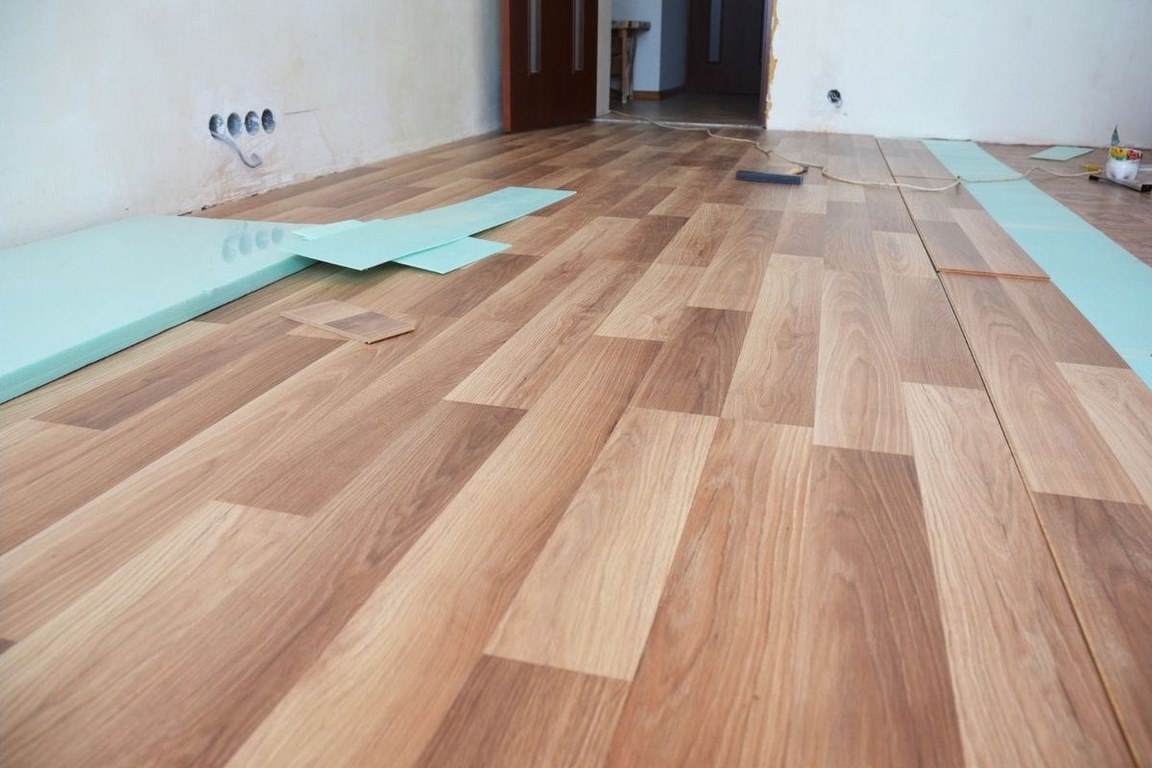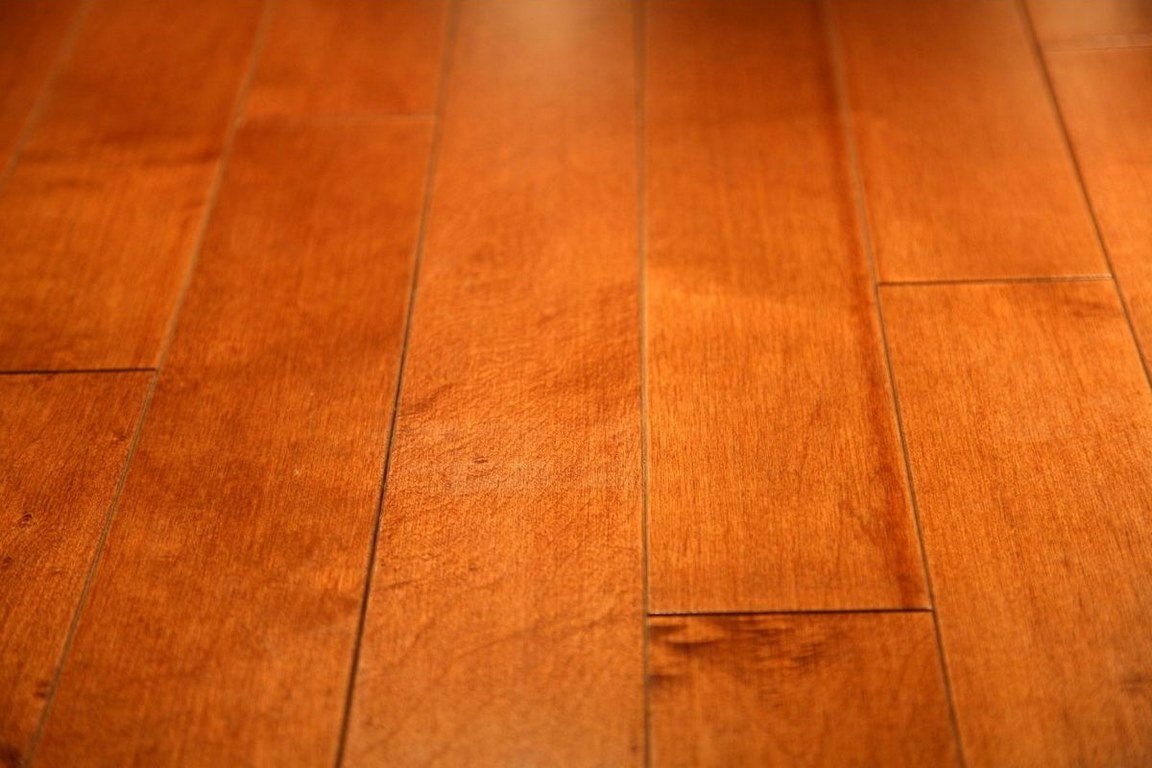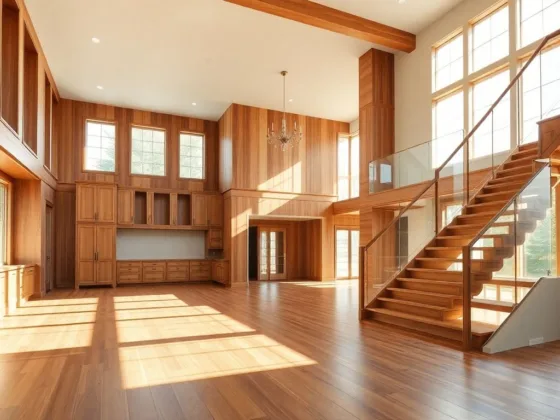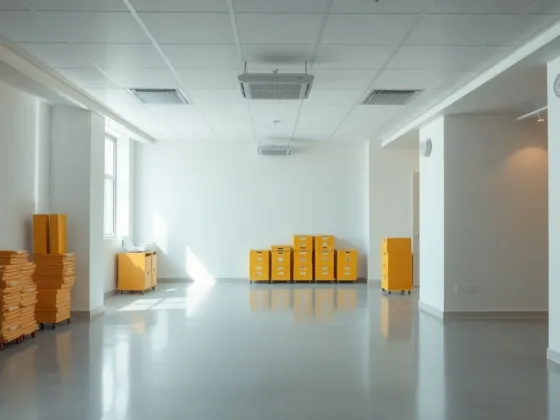Table of Contents Show
There are many flooring options to consider when remodeling your home or constructing a new home.
Whether you’re looking to replace all the flooring in your home or simply wanting to replace sections of flooring in high traffic areas.
There are several flooring options to choose from. This article will give you the information you need to decide which flooring will work best for you.

1. Laminate Flooring
Advantages
Laminate flooring is an affordable and easy-to-maintain alternative to wood or stone floors.
To the untrained eye, laminate flooring is virtually indistinguishable from authentic hardwood or ceramic tiles.
Laminate floors don’t dent, stain, warp, or swirl like authentic wood floors.
If you are looking for a simple, low-maintenance floor that can be had in a wide range of colors and styles, laminate flooring may be the right choice for you.
Disadvantages
The downsides of laminate flooring are that it cannot be sanded back and refinished like traditional hardwood timber floors.
Another disadvantage of the flooring material is that it’s not waterproof so it’s not a great option for bathrooms or laundries.
2. Vinyl Flooring
Advantages
Vinyl flooring has long been a favorite among homeowners looking to give their homes a modern, stylish look.
Vinyl can be manufactured to look almost identical to wood, stone, or tile but it can be made and installed at a fraction of the cost.
This is the main reason why vinyl flooring is so popular. Durability is also a massive strength of vinyl.
It’s long-lasting, scratch-resistant, dent-resistant, and extremely resistant to stains.
This means that you can install vinyl floors in almost any room in your house, even your bathroom’s if you want.
Vinyl flooring is also great in basements, where it can be a great way to add an instant touch of style and sophistication without being a huge expense.
Disadvantages
The disadvantages of vinyl flooring are that they cannot be repaired so if they get damaged then that section of flooring must be replaced.
Another disadvantage is that it cannot be easily recycled making it not eco-friendly.
3. Hardwood Flooring
Advantages
Hardwood floors are among the most common and popular flooring options in homes, especially older established homes.
It is a durable and long-lasting flooring choice. Few other flooring options come close to the natural beauty of their appearance.
Disadvantages
When considering hardwood floors, it’s important to consider the cost of the materials, installation, and maintenance.
Every 5-10 years hardwood floors require floor sanding and polishing to maintain their lustrous appearance.
This type of floor is also among the most expensive flooring options available.
So, unless your home already has hardwood timber floorboards as the subfloor your wallet will be better off choosing a different flooring material.
4. Carpet Flooring
Advantages
Carpet is a classic flooring option used especially in bedrooms and living rooms. The major benefit of carpet is its unique comfort factor.
This is especially important in colder climates where having carpeted floors add to the warmth of a home.
It’s cheap to purchase and cheap to install so it’s a very popular floor covering.
Disadvantages
The main downside of carpet is that it stains easily, is difficult to completely clean, and wears down over time.
That said few other flooring options provide the same comfort appeal as carpet.
Read Also:
5. Cork Flooring
Advantages
Cork is a natural product that looks like real wood but is cheaper than wood and more durable than carpet. It’s also more resistant to stains than carpet.
The benefits of cork include its low cost and unique look, as well as its appeal and softness to the touch.
Cork also improves the insulating property of a floor, which helps to lower your heating bills and keep your feet warm in the winter.
Disadvantages
Whilst there are many upsides to cork flooring there are also some disadvantages that you’ll want to consider.
First off cork flooring is not as hardwearing as timber hardwood floors.
They are more susceptible to scratches, scuffs, and even dent marks from furniture legs.
Cork is also prone to water damage and to discoloration due to UV exposure.
6. Tiled Flooring
Advantages
Floor tiles are synonymous with durability. Due to the dense internal structure of this type of flooring, you can expect them to last a long time.
UV-resistant, water-resistant, and hard-wearing are the major benefits of floor tiles.
Despite the rise in popularity of other flooring types, tiles are still the most common flooring option for bathrooms and laundries.
Another advantage of floor tiles is they are very easily cleaned and not susceptible to floor-cleaning detergents like other flooring types.
Disadvantages
The main downside of tiles is they are prone to blunt force impact which can cause them to crack.
When tiles crack it’s quite troublesome to replace so this is the main disadvantage of tiled floors. Additionally, the cost associated with floor tiles makes them less attractive.
7. Polished Concrete
Advantages
Polished concrete flooring is quickly becoming popular in offices and other commercial spaces. It’s also seeing a rise in residential homes as well.
Polished concrete has many attractive features. It’s extremely strong, durable, and able to able to withstand heavy foot traffic.
Furthermore, it’s easy to clean and maintain making it a great flooring option.
Another often underappreciated feature of polished concrete floors is its light-reflective properties which help to brighten up a room making it feel warmer and inviting.
Disadvantages
Some of the downsides of polished concrete floors are they can be slippery underfoot and cold underfoot.
If poorly installed polished concrete floors can show imperfections such as discoloration, imprints, and stains.
These blemishes can be difficult to rectify after installation, which is another disadvantage of this flooring type.
The Best Flooring Option for Your Home
These are some of the most popular types of flooring materials used in residential homes.
Each of them has its unique properties, advantages, and disadvantages.
Ultimately you will need to decide what your budget is and what the best type of flooring will be for your home based on your circumstances and priorities.
To get further advice on your flooring options you can always contact a local flooring company and ask for their advice about the best flooring solution for your needs and budget.













